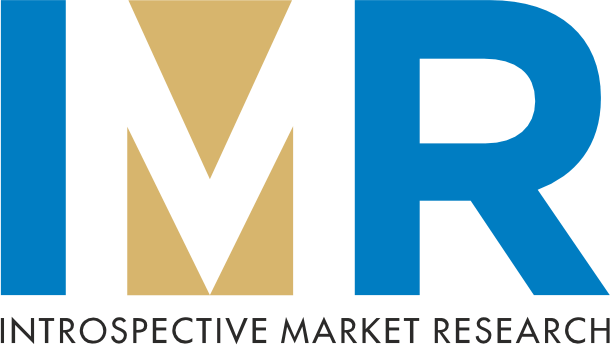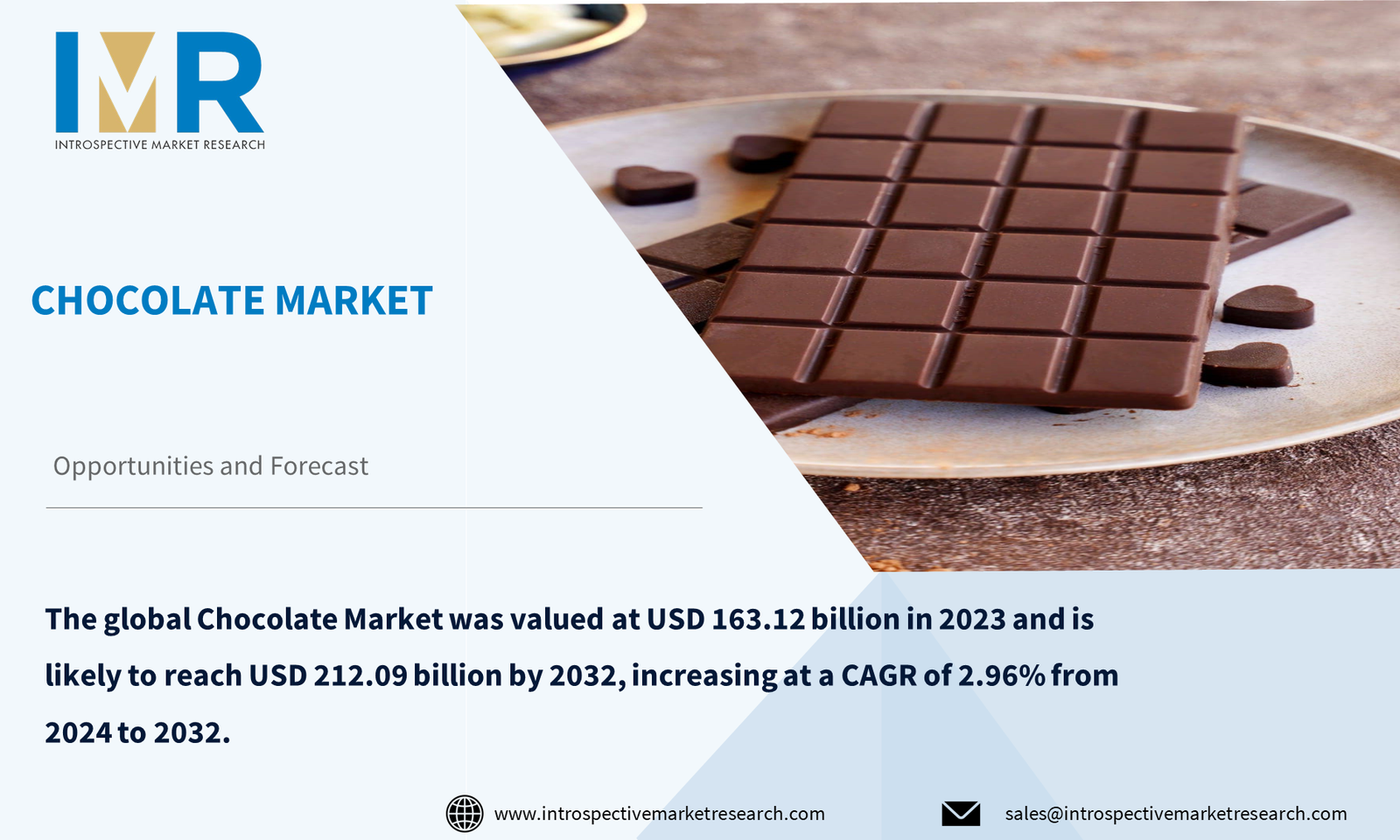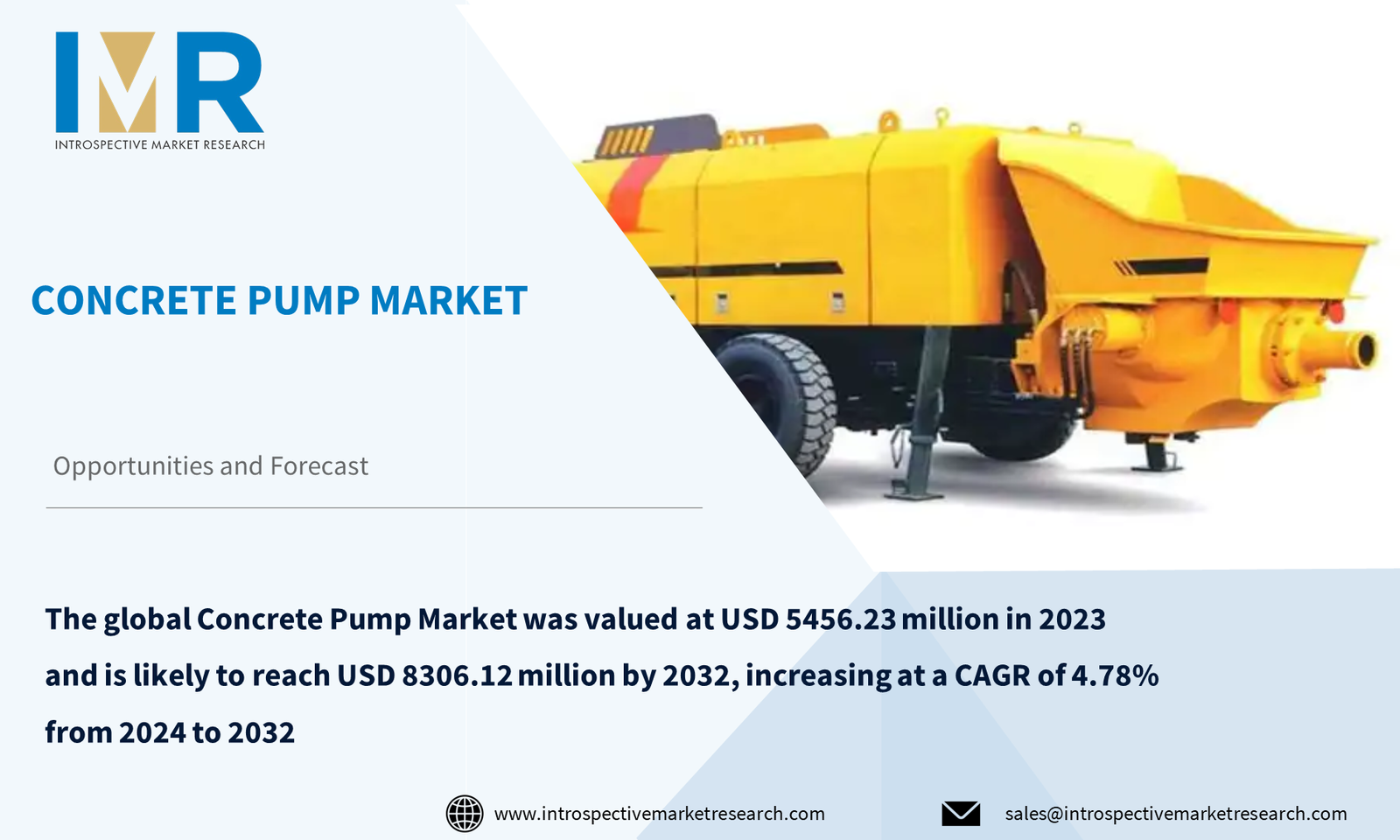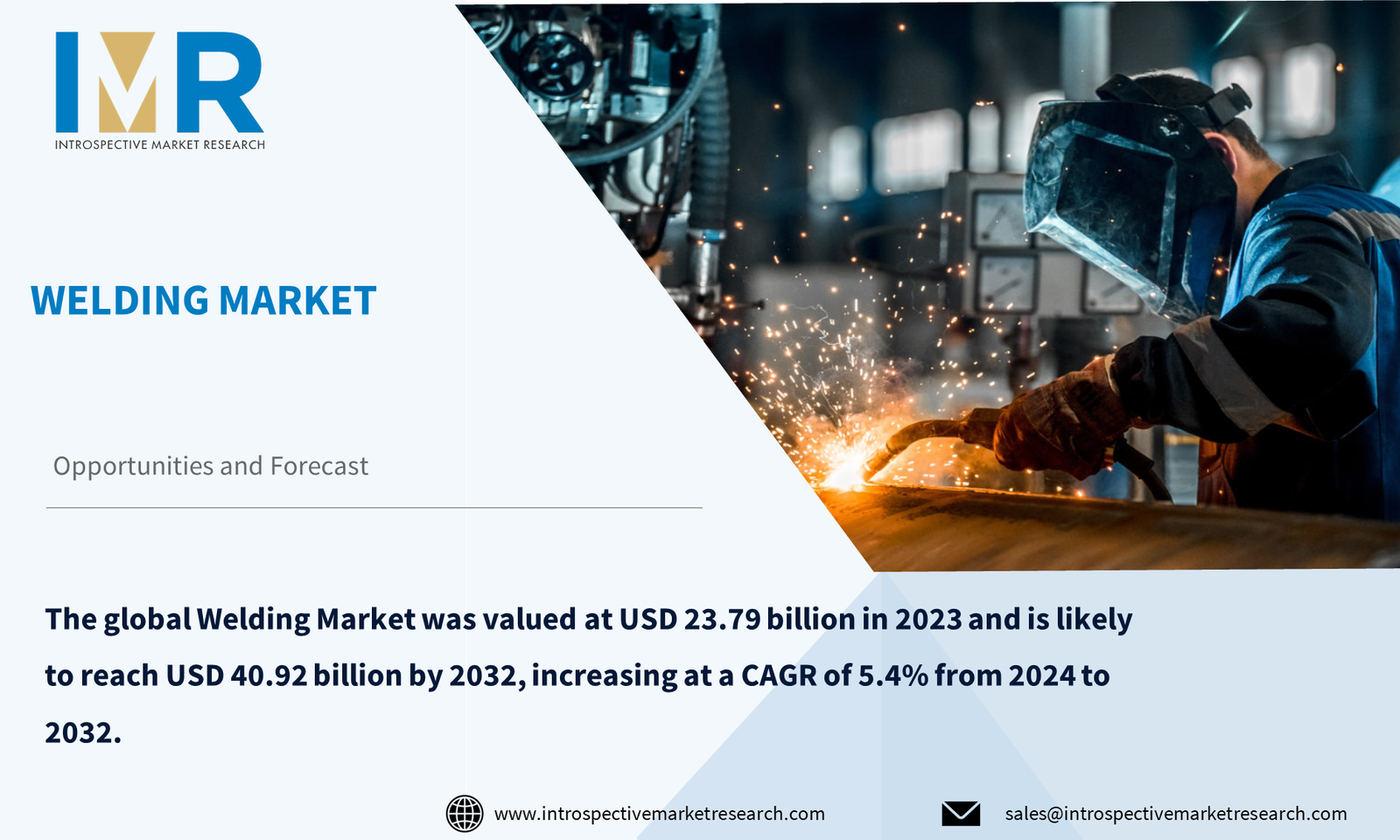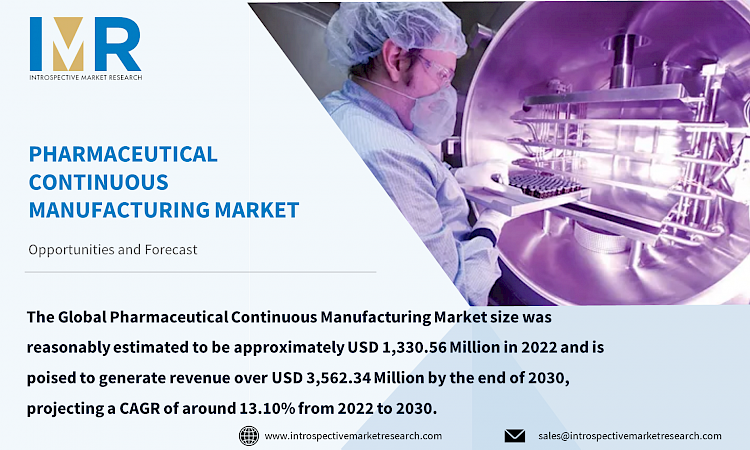
Market Overview:
The Global Pharmaceutical Continuous Manufacturing Market size was reasonably estimated to be approximately USD 1,330.56 Million in 2022 and is poised to generate revenue over USD 3,562.34 Million by the end of 2030, projecting a CAGR of around 13.10% from 2022 to 2030.
Continuous Manufacturing is also known as continuous flow chemistry. Continuous manufacturing is an advanced manufacturing approach with the potential to increase the consistency and quality of pharmaceuticals while lowering their cost. The manufacturing processes on this production line are fully integrated and run in a continuous flow. Pharmaceutical continuous manufacturing is an end-to-end method of producing medications that improve the consistency and quality of a variety of innovative pharmaceuticals and vaccines while requiring little capital outlay. It operates in a continuous flow as opposed to batch processing, is simpler to scale, gives producers more control and a higher level of automation, and forgoes manual interaction.
Top Key Players in Pharmaceutical Continuous Manufacturing Market:
Hosokawa Micron Group (US), Robert Bosch GmbH (Germany), Thermo Fisher Scientific Inc (US), GEA Group (Germany), Coperion GmbH (Netherlands), Baker Perkins (UK), Scott Equipment (US), Eli Lilly (US), Chemtrix (Netherland), Novartis AG (Switzerland), Siemens (Germany), Glatt GmbH (Germany), and Other Major Players.
Market Dynamics and Factors for Pharmaceutical Continuous Manufacturing Market:
Drivers:
The Technological Advancement in Continuous Manufacturing Systems
Significant technological advancements such as rapid automation in drug manufacturing methodology and extensive integration of artificial intelligence solutions are contributing to the growth of the market. Other factors such as significant advances in the pharmaceutical sector, ongoing recent development activities and awareness of the availability of Food and Drug Administration (FDA) approved drugs drive the market growth. One of the major factors driving the continuous drug production market is the growing demand for efficient drug production systems that can produce a variety of potent biologics at lower costs. The reason for this is the ever-increasing shortage of medicines and the prevalence of several chronic diseases in various parts of the world.
Opportunities:
Increasing Investments in Process Automation in Pharmaceutical Sectors
As the demand for new drugs increases, manufacturers are changing their production methods to increase productivity. Continuous production has several advantages, including greater efficiency, and productivity made possible by the linking of unit operations. Improved product quality and safety enabled by continuous automated process monitoring. It helps reduce environmental impact by reducing waste due to high reaction efficiency and space-saving due to the compact size of the kits. All these factors support the adoption of automated production systems in the pharmaceutical industry.
Segmentation Analysis of the Pharmaceutical Continuous Manufacturing Market:
By Formulation, the Solid Formulation segment is anticipated to dominate the Market Over the Forecast period. Solid formulations dominated during the forecast period. As of November 2018, five fixed-dose drugs have received FDA approval and are in continuous production. This led to the dominance of this segment.
By Application, the API manufacturing segment is Anticipated to Dominate the Market Over the Forecast period. API manufacturing refers to the process of producing active pharmaceutical ingredients, which are the biologically active components in medications responsible for their therapeutic effects.
Regional Analysis of the Pharmaceutical Continuous Manufacturing Market:
North America is Expected to Dominate the Market Over the Forecast Period. Due to the presence of major market players and the availability of advanced technology North America is excepted to dominate the market. In addition, favorable regulatory infrastructure and high demand for medicines are anticipated to drive market growth in the region. Additionally, high R&D investments by pharmaceutical and biotechnology companies in the region are anticipated to boost market growth in the region. For instance, in June 2022, National Resilience Inc. raised $625 million in Series D funding, which would be used in part for the continuous production of biological substances.
Key Industry Development:
In December 2022, The U.S. Pharmacopeia (USP) announced the opening of the USP Advanced Manufacturing Technology Lab in Richmond, Virginia as part of its launch of a suite of R&D analytical solutions. These analytical lab services support the efforts of drug manufacturers seeking to adopt advanced manufacturing technologies including pharmaceutical continuous manufacturing (PCM) as one way to help increase geographic diversity in pharmaceutical manufacturing and support medicines supply chain resilience.
In March 2022, Phlow Corp, a United States essential medicines public benefit company entered alliances with both Virginia Commonwealth University (VCU) Medicines for All Institute and AMPAC fine chemicals to provide contract continuous manufacturing research and development services for small molecule pharmaceutical products.
